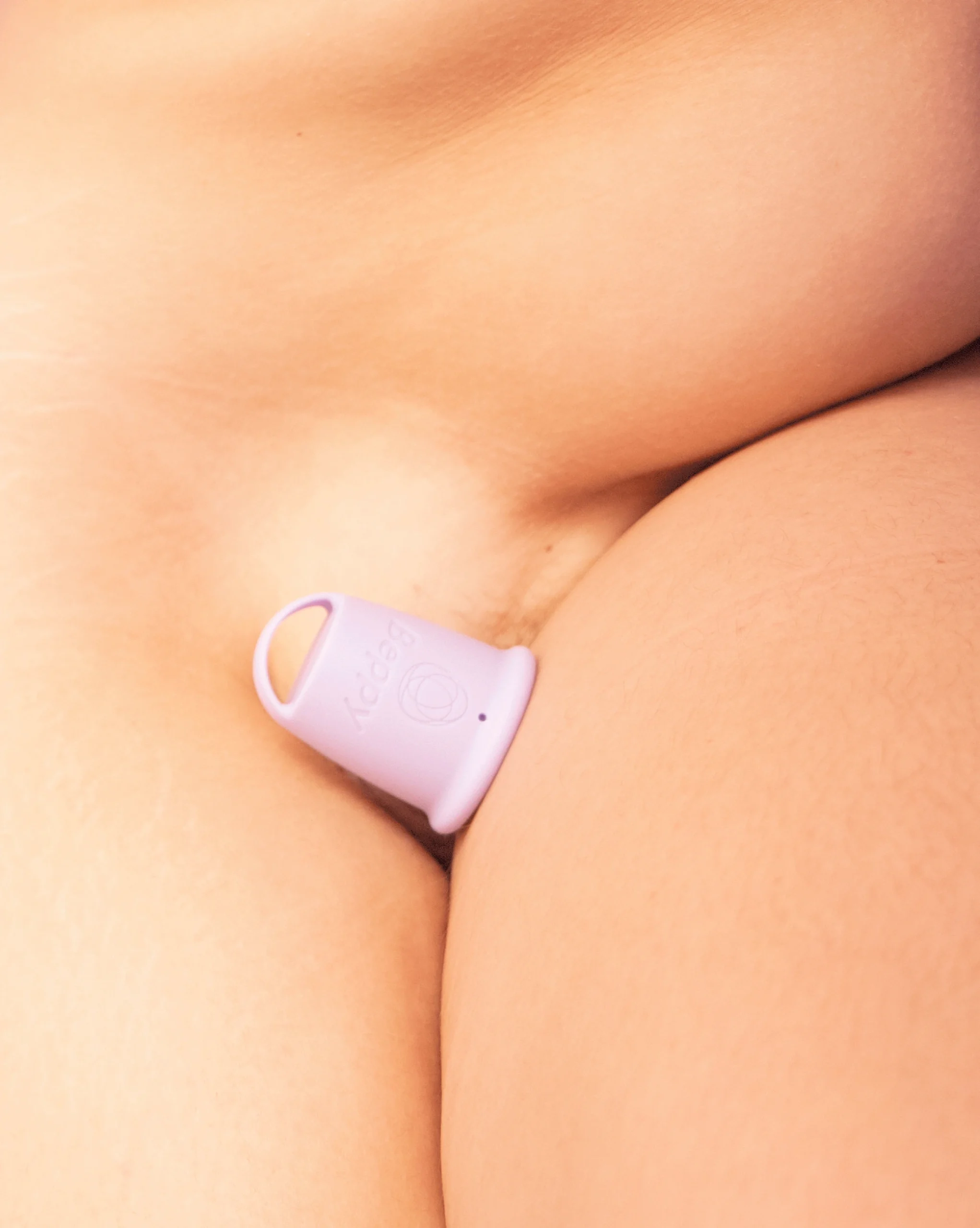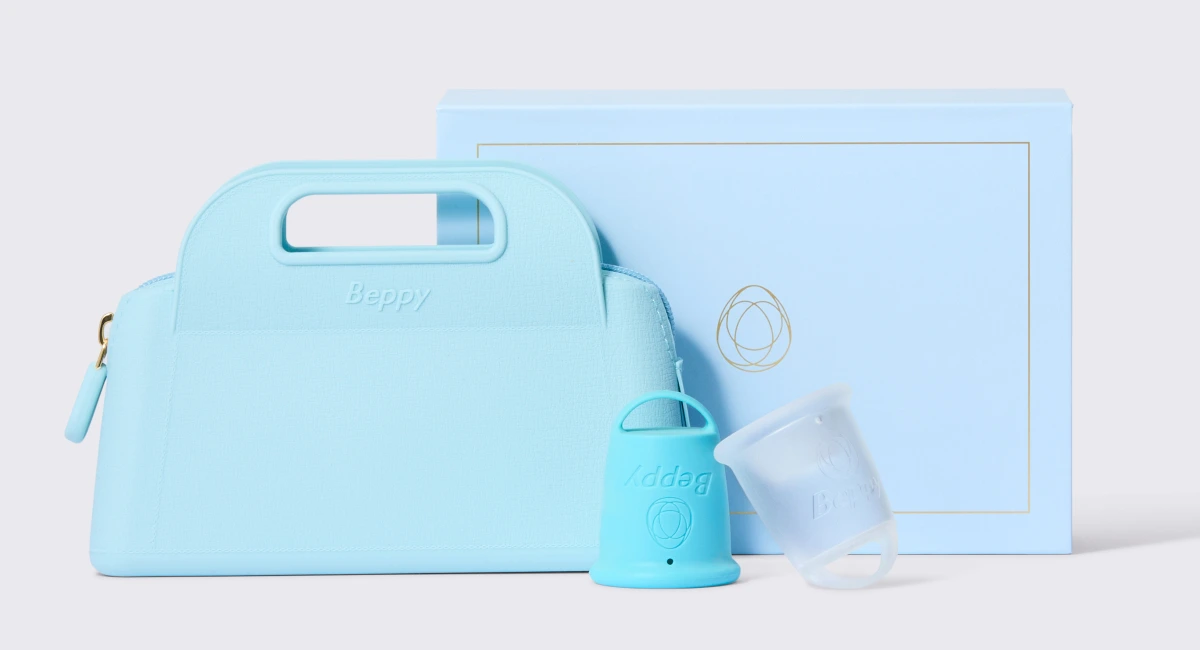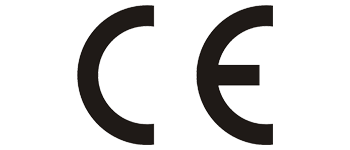
- Ontvang een gratis cadeau bij bestellingen vanaf €30
- Klanten beoordelen ons gemiddeld met een 4,6 / 5 (882 beoordelingen)

Hormones play a major role in our bodies, influencing everything from our mood and energy to our sleep and metabolism. Several factors control our hormones, and nutrition is an important part of that. With the right foods, we can balance our hormones and regulate our mood, energy, sleep and metabolism. In this blog, discover more about the hormonal cycle and read valuable nutrition tips to keep your hormones balanced.
Food and hormones have a lot to do with each other. What you eat can affect how your hormones work, and vice versa, your hormones affect your appetite and how your body processes food. For example, if you eat a lot of sugar, it can cause your body to produce more insulin, which is not always a good thing. And if you’re full after eating, it’s because of hormones that tell your brain you’ve had enough. By eating healthy and taking good care of yourself, you can keep your hormones in balance.
The hormonal cycle is divided into four main phases: the menstrual phase, the follicular phase, the ovulatory phase and the luteal phase. Each phase is characterized by specific hormonal changes:
During the menstrual phase, which begins on the first day of menstruation and lasts an average of 3 to 7 days, the endometrium is shed and leaves the body through the vagina. This process is accompanied by blood loss and possibly menstrual cramps and other symptoms. Hormonally, the levels of estrogen and progesterone decrease, causing the shedding of the endometrium.
During the follicular phase, which begins on the same day as menstruation and ends at ovulation, follicle stimulating hormone (FSH) stimulates the growth of multiple follicles in the ovaries. Eventually, one follicle develops into a dominant follicle that will release a mature egg. Hormonally, the level of estrogen produced by the dominant follicle increases, which causes the thickening of the endometrium and prepares for the possible implantation of a fertilized egg.
The ovulation phase, the shortest phase of the cycle, occurs around day 14 in a typical 28-day cycle. During this phase, the mature egg is released from the dominant follicle and moves to the fallopian tube, where it is ready to be fertilized by a sperm. Hormonally, peak levels of luteinizing hormone (LH) take place, causing ovulation. Meanwhile, estrogen continues to rise until the LH peak occurs.
After ovulation, the luteal phase begins, which lasts from day 15 to 28 of the cycle. The follicle that released the egg turns into the corpus luteum, which produces progesterone and, to a lesser extent, estrogen. These hormones further prepare the endometrium for possible pregnancy. Hormonally, progesterone peaks and helps stabilize the endometrium, while estrogen rises moderately to support the action of progesterone. If the egg is not fertilized, the corpus luteum will degenerate, leading to a decrease in progesterone and estrogen and the onset of menstruation, after which the cycle begins again.
Here are some practical tips to keep your hormones balanced with nutrition:
Do you have any questions about our products? Then feel free to contact us!




Get the latest news on menstrual freedom straight to your inbox!
HQ Beppy, Netherlands
Signalman 1-3
3034 KH Rotterdam
[email protected]
+31 (0)10 467 65 73 (9.00 – 17.00)
Chamber of Commerce: 24123466
Beppy, Belgium
9A Countess Elisabethlaan, P.O. Box 77
2320 Hoogstraten
[email protected]
+32 (0)78 158 349 (9.00 – 17.00)





